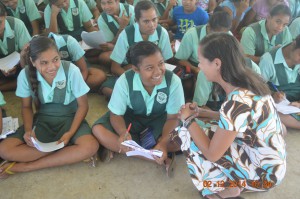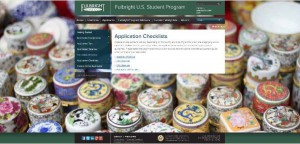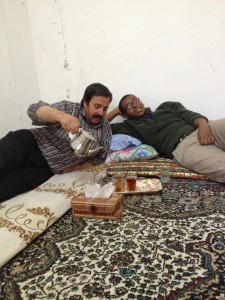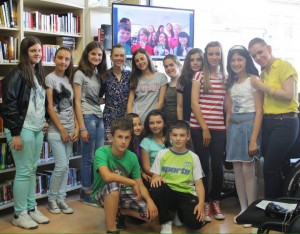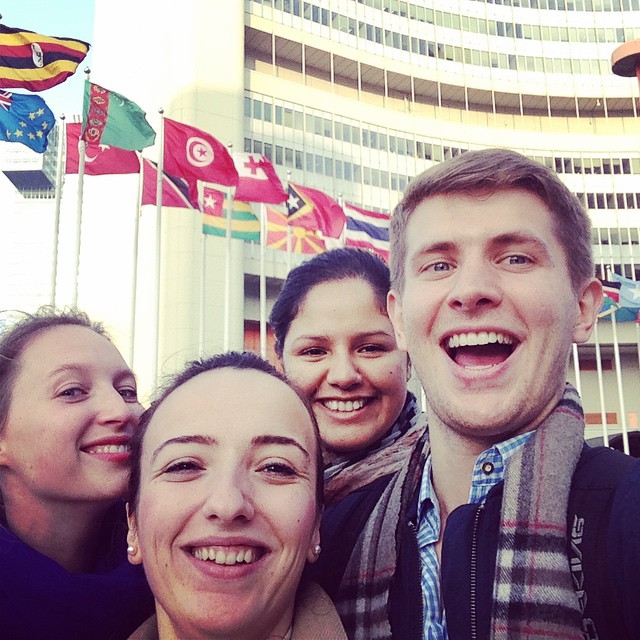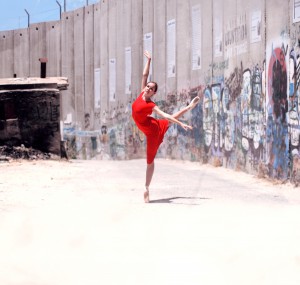
Casey Thorne, 2014-2015, Israel
As a classically trained ballet dancer, teacher, scholar, and the Founder/Artistic Director of Inside Out Contemporary Ballet, a professional dance company in the San Francisco Bay Area, I am increasingly aware of how far removed dance is from the every day life of a typical American. In America, unless you are an aspiring young dance student or a professional dancer, most of us have little to no interaction with dance beyond the occasional Zumba class, going to the club, watching “So You Think You Can Dance on TV,” or enjoying Beyoncé’s latest music video. More often than not, we have little to no engagement with dance as an important cultural phenomena that merits scholarly investigation, or as a vital, life affirming art. But why should we care about dance? Why does dance matter? What can it offer us beyond entertainment value or physical fitness? How can it connect us to ourselves and to others? To strangers, to foreigners? To nature? And why, in a world filled with illness, injustice, and poverty, should we invest our time and resources into daily dance practice and performance?
These questions are the motivation behind my Fulbright project entitled “If I Were You.” If I Were You – Project Israel is the second iteration of a long-term international outreach project that enlists the personal experiences and voices of global citizens to illuminate how dance can connect us to our shared humanity. My biggest piece of advice for any aspiring Fulbrighter is to be prepared to change your plans and remember that your work will continue well beyond your Fulbright experience. I admit that after a year of studying, teaching, and choreographing dance in Israel and the West Bank, I have more questions than I have answers. And yet, in spite of all the surprises, disappointments, and stones left unturned, I am a Fulbright alumna who is convinced that dance matters. And it matters, because I have witnessed, time and time again, the inherent ability of dance to expose that which is most personal to us, and also that which is most universal: the motivating rhythms of pain, desire, and love. Dance has the ability to illuminate our shared humanity in a wordless way, and to connect us to the very movement that makes anything alive.
Continue Reading

